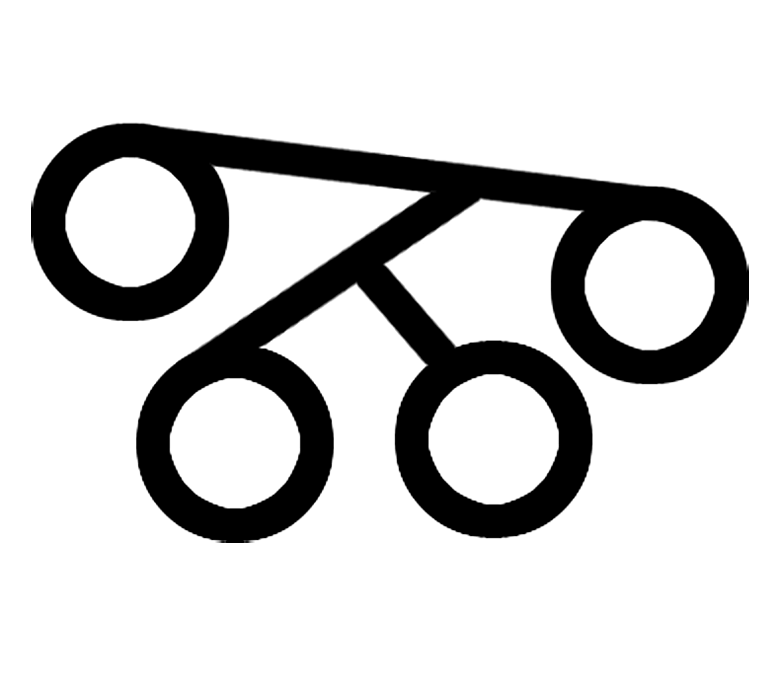- Naziv
- Selected Topics in Jewish Modern and Contemporary History: History of Israel
- Organizacijska jedinica
- Centar za židovske studije i istraživanje Holokausta
- ECTS
- 3
- Šifra
- 185539
- Semestri
- zimski
Nastavnici
Satnica
Predavanja
30

